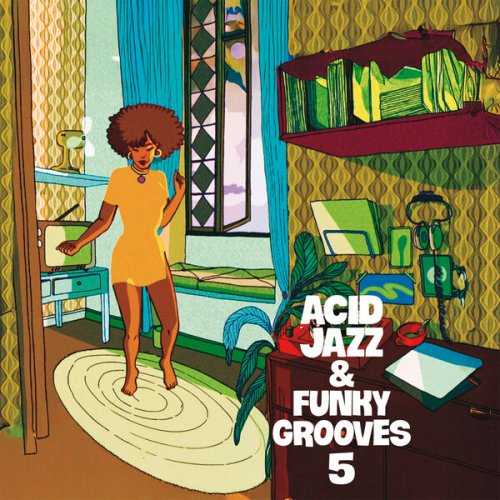Musica Antiqua of London, Philip Thorby - A Songbook for Isabella: Music from the circle of Isabella d’Este (2005)
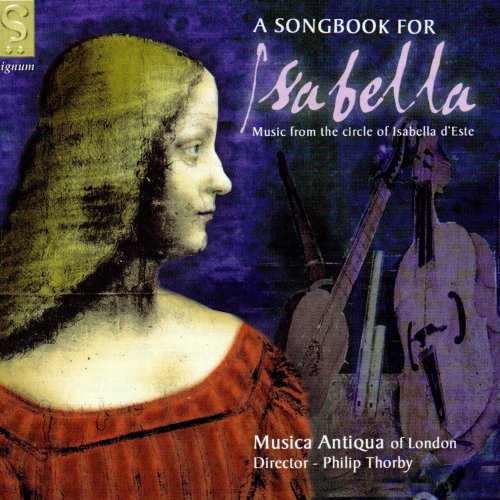
Artist: Musica Antiqua of London, Philip Thorby
Title: A Songbook for Isabella: Music from the circle of Isabella d’Este (2005)
Year Of Release: 2005
Label: Signum Records
Genre: Classical
Quality: FLAC (tracks)
Total Time: 01:13:56
Total Size: 343 Mb
WebSite: Album Preview
Tracklist: Title: A Songbook for Isabella: Music from the circle of Isabella d’Este (2005)
Year Of Release: 2005
Label: Signum Records
Genre: Classical
Quality: FLAC (tracks)
Total Time: 01:13:56
Total Size: 343 Mb
WebSite: Album Preview
La Fortuna (Anonymous)
1 La Fortuna: Or su corere à 4 - anon 03:32
2 La Fortuna: Fortuna desperata à 4 - Antoine Busnois 01:35
3 La Fortuna: Facia ognon in fin che po à - anon 02:22
Prenez sur moy vostre example (Johannes Ockeghem)
4 Prenez sur moy vostre example: Prenez sur moy à 3 - Johannes Ockeghem 03:21
5 Prenez sur moy vostre example: Helas que pora advenire à 3 - Firminius Caron 03:13
6 Prenez sur moy vostre example: Or che son di pregion à 4 - Bartolomeo Tromboncin 03:20
A la cazza (Iannes Plice)
7 A la cazza: A la pesca à 4 - Iannes Plice 02:08
8 A la cazza: [Gagliarda] Peschatore - anon 00:36
9 A la cazza: A la cazza à 4 - anon 01:52
Kyrie eleison (Anonymous)
10 Kyrie Eleison: Kyrie leison à 4 - anon 03:54
11 Kyrie Eleison: Colomba senza fielle - anon 05:30
Pavana regia (Anonymous)
12 Pavana regia - anon 02:06
Carmine sine verbis I (Anonymous)
13 Carmine sine verbis I: El piove à 3 - anon 01:57
14 Carmine sine verbis I: Si dedero à 3, à 4 - Alexander Agricola 02:32
Ave maris stella (Anonymous)
15 Ave Maris Stella: Ave maris stella à 3 - anon 05:34
La mi la sol (Heinrich Isaac)
16 La Mi La Sol: La mi à 4 - Heinrich Isaac 02:15
17 La Mi La Sol: La mi la sol la mi gia vol à 4 - anon 01:46
Viva el Grand Hercule ! (Anonymous)
18 Viva el Grand Hercule!: O triumphale diamante à 4 - G.L. 01:18
19 Viva el Grand Hercule!: Tente alora à 4 - anon 00:46
In Festo Natalis Domini (Anonymous)
20 In Festo Natalis Domini: Verbum caro factus est à 3 - anon 02:10
21 In Festo Natalis Domini: Ne la digna stalla à 2 - anon 02:43
Recerchar di Benedictus (Anonymous)
22 Recerchar di Benedictus - anon 01:30
Benedictus (Heinrich Isaac)
23 Benedictus - anon/Isaac 02:17
Carmine sine Verbis II (Heinrich Isaac)
24 Carmine sine Verbis II: Absque verbis à 3 - Isaac 02:03
25 Carmine sine Verbis II: Gratis acceptistis à 4 - Isaac 01:50
26 Carmine sine Verbis II: La Mora à 3, à 4 - Isaac 02:26
La Speranza (Josquin des Prés)
27 La Speranza: In te Domine speravi à 4 - Josquin des Prez 04:20
28 La Speranza: [Salterelli] Zorzi, Giorgio - anon 01:32
29 La Speranza: Forte cosa e la speranza à 5 - anon 03:28
Performers:
Clare Wilkinson (mezzo-soprano)
Musica Antiqua of London
Philip Thorby
Isabella d’Este was brought up in the midst of an extremely active musical court. After her marriage in 1490 to Francesco Gonzaga Duke of Mantua she began to remodel the Duke's relatively modest musical establishment in imitation of that of her father, Hercule. She was herself a gifted musician and favoured above all the viol. Not only was the viol the favourite vehicle for aristocratic instrumental performance, but it was the ideal accompaniment to the voice.
Under Isabella’s patronage the tradition of improvised song accompanied by the singer on a lira da braccio developed into the frottola, shared between two, three or even four viols. In employing Italian composers, and herself performing their music, Isabella played a key role in the development of this new music, and of the consort of viole which developed alongside it.
This disc presents a selection of music from the circle of Isabella. The repertoire is centred around the Milliare Songbook - a hand written songbook compiled in 1502 by, or for, one Ludovico Milliare. This contains a wonderfully rich cross section of the vocal and instrumental repertoire loved by the d’Este family of Mantua. An attractive feature of the collection is the inclusion of sacred pieces, mostly non-liturgical and apparently intended for private devotional use.
The instruments used for this recording have been thoroughly researched by examining documented and iconographic evidence - for example contemporary paintings of the period. The custom-made viols are cannot be called "copies"; they are recreations using the best information and scholarship available. This CD offers a rare opportunity to hear the very different sound these instruments make - rather different from their more modern counterparts from the seventeenth and eighteenth centuries.
Under Isabella’s patronage the tradition of improvised song accompanied by the singer on a lira da braccio developed into the frottola, shared between two, three or even four viols. In employing Italian composers, and herself performing their music, Isabella played a key role in the development of this new music, and of the consort of viole which developed alongside it.
This disc presents a selection of music from the circle of Isabella. The repertoire is centred around the Milliare Songbook - a hand written songbook compiled in 1502 by, or for, one Ludovico Milliare. This contains a wonderfully rich cross section of the vocal and instrumental repertoire loved by the d’Este family of Mantua. An attractive feature of the collection is the inclusion of sacred pieces, mostly non-liturgical and apparently intended for private devotional use.
The instruments used for this recording have been thoroughly researched by examining documented and iconographic evidence - for example contemporary paintings of the period. The custom-made viols are cannot be called "copies"; they are recreations using the best information and scholarship available. This CD offers a rare opportunity to hear the very different sound these instruments make - rather different from their more modern counterparts from the seventeenth and eighteenth centuries.

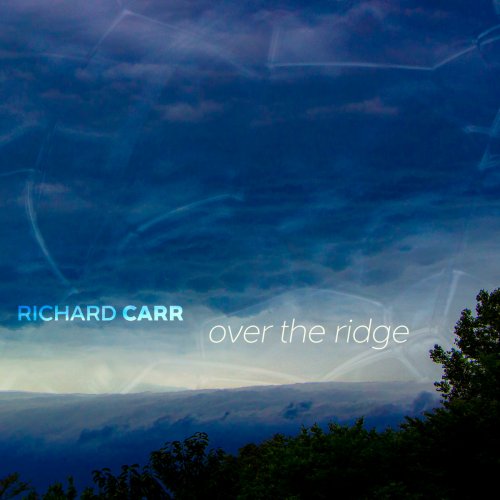
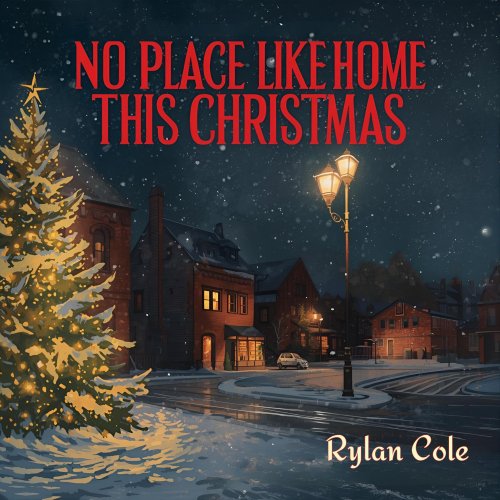
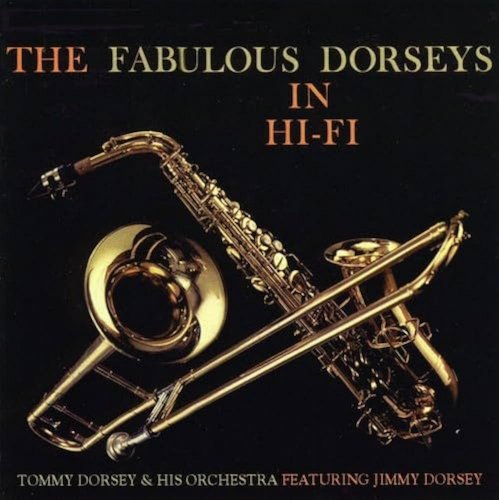
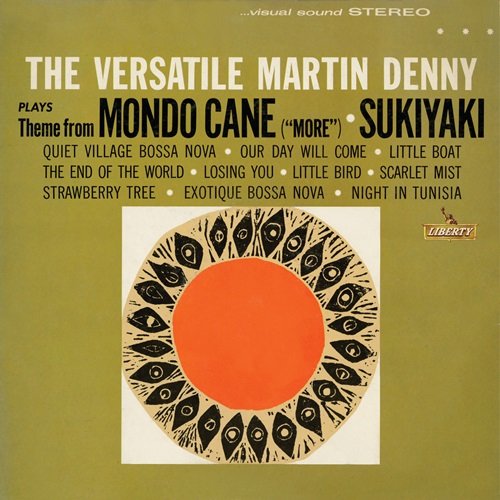
![The Mood Mosaic - Soul Seduction (2025) [Hi-Res] The Mood Mosaic - Soul Seduction (2025) [Hi-Res]](https://www.dibpic.com/uploads/posts/2025-12/1766135288_d5rmbmuwqtmya_600.jpg)
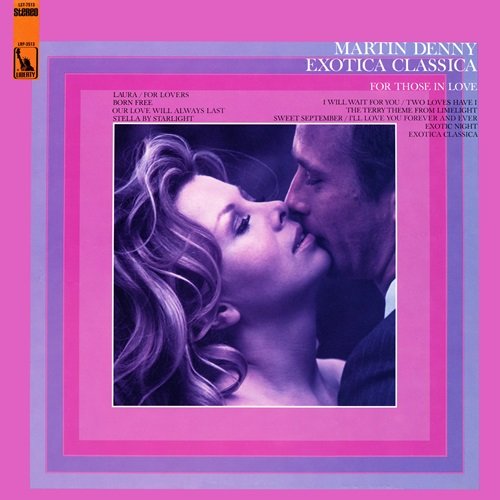
![Clifton Chenier - Classic Clifton (1980) [Hi-Res] Clifton Chenier - Classic Clifton (1980) [Hi-Res]](https://img.israbox.com/img/2025-12/20/7uht6cuaz3rb4d8ybfskyckea.jpg)
